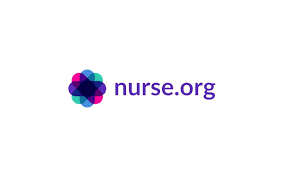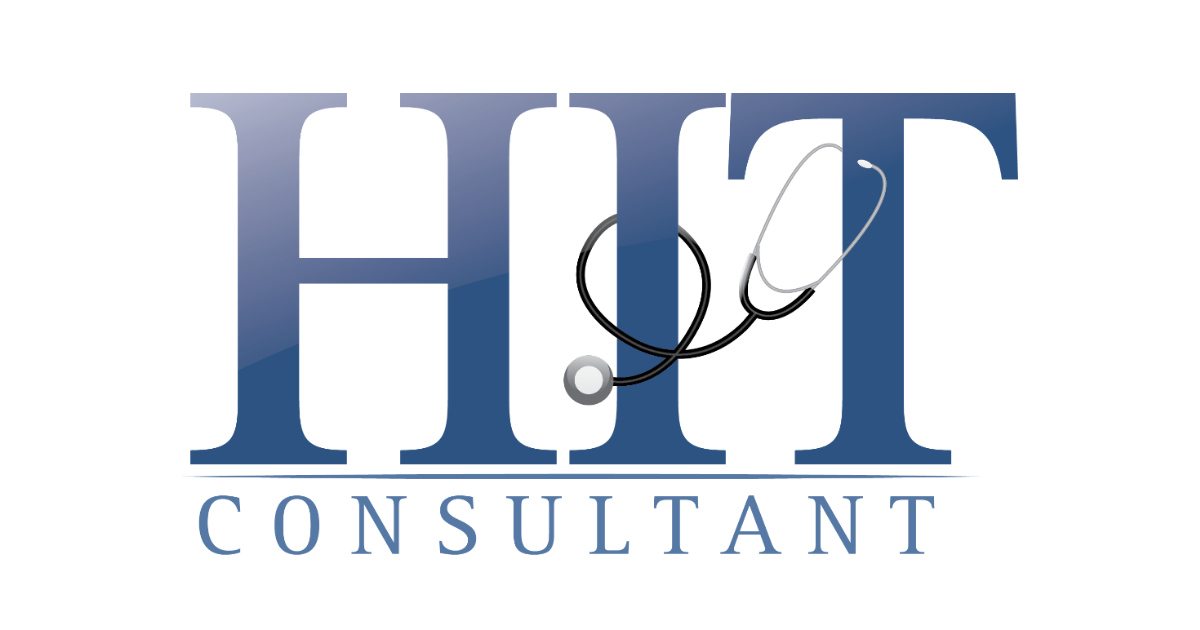
Editor's Note Senator Bernie Sanders and nurse leaders are demanding immediate federal action to address what they describe as a national nurse staffing crisis that is driving moral distress among nurses and putting patients at risk, Nurse.org October 27 reports. A US Senate HELP Committee hearing spotlighted compelling testimony from…

Editor's Note Sweeping layoffs at the Centers for Disease Control and Prevention (CDC) have gutted the agency’s ability to track overdoses, injuries, and violent deaths, Axios October 15 reports. The National Center for Injury Prevention and Control, once a cornerstone of public health surveillance, now operates with roughly one-third of…

Stress and burnout are more than workforce concerns; they are patient safety issues. Research shows a clear correlation between healthcare provider stress and medical errors. For instance, Zabin et al, a 2023 systematic review, confirmed that job stress negatively influences patient safety culture. Garcia & Abreu et al, a separate…

Editor’s Note: This page is a companion piece to the main article, Surgeon-turned-coach on reclaiming joy, purpose in healthcare: Countdown to the 2025 OR Manager Conference. Neha Amin, DO, FACS, NBC-HWC, will be attending this year’s OR Manager Conference for the first time. OR Manager talked to her about her…

Burnout continues to threaten the perioperative workforce, pushing many leaders out of clinical practice altogether. Neha Amin, DO, FACS, NBC-HWC, a double-board certified surgeon specializing in burns, knows the toll burnout can take on healthcare professionals, having faced it personally. After navigating her own burnout experience, she founded a coaching…

Healthcare has never been static, but today’s perioperative leaders face a unique challenge: steering teams through volatility, complexity, and rapid disruption. In a recent OR Manager webinar, Phyllis Quinlan, PhD, RN, NPD-BC, executive coach, nurse entrepreneur, and longtime advocate for caregiver resilience, offered a candid roadmap for change management in…

Editor's Note Nearly three-quarters of orthopedic surgery residents experience significant or intense imposter syndrome, with female trainees facing markedly higher risk, according to a study published April 7 in the Journal of Bone and Joint Surgery Open Access. As detailed in the study, researchers surveyed 100 residents across seven US…

Editor's Note Two workers at an ambulatory surgery center (ASC) are facing federal charges after allegedly interfering with an Immigration and Customs Enforcement (ICE) arrest, The Independent July 27 reports. The federal agents reportedly arrested one of the workers and are pursuing the other after both were accused of assaulting…

Editor's Note A recent article from HIT Consultant highlights findings from Incredible Health’s 2025 State of US Nursing & Technicians Report, revealing mounting strain across the nursing and healthcare technician workforce. Reportedly based on insights from more than 1 million professionals, findings include: 71% of nurses report that staffing shortages…

Editor's Note A July 16 study published in BMC Research Notes found that mental fatigue among perioperative nurses is significantly associated with increased rates of missed perioperative nursing care. This cross-sectional study surveyed 385 operating room nurses working in university-affiliated hospitals in East Azerbaijan, Iran. Participants met inclusion criteria related…